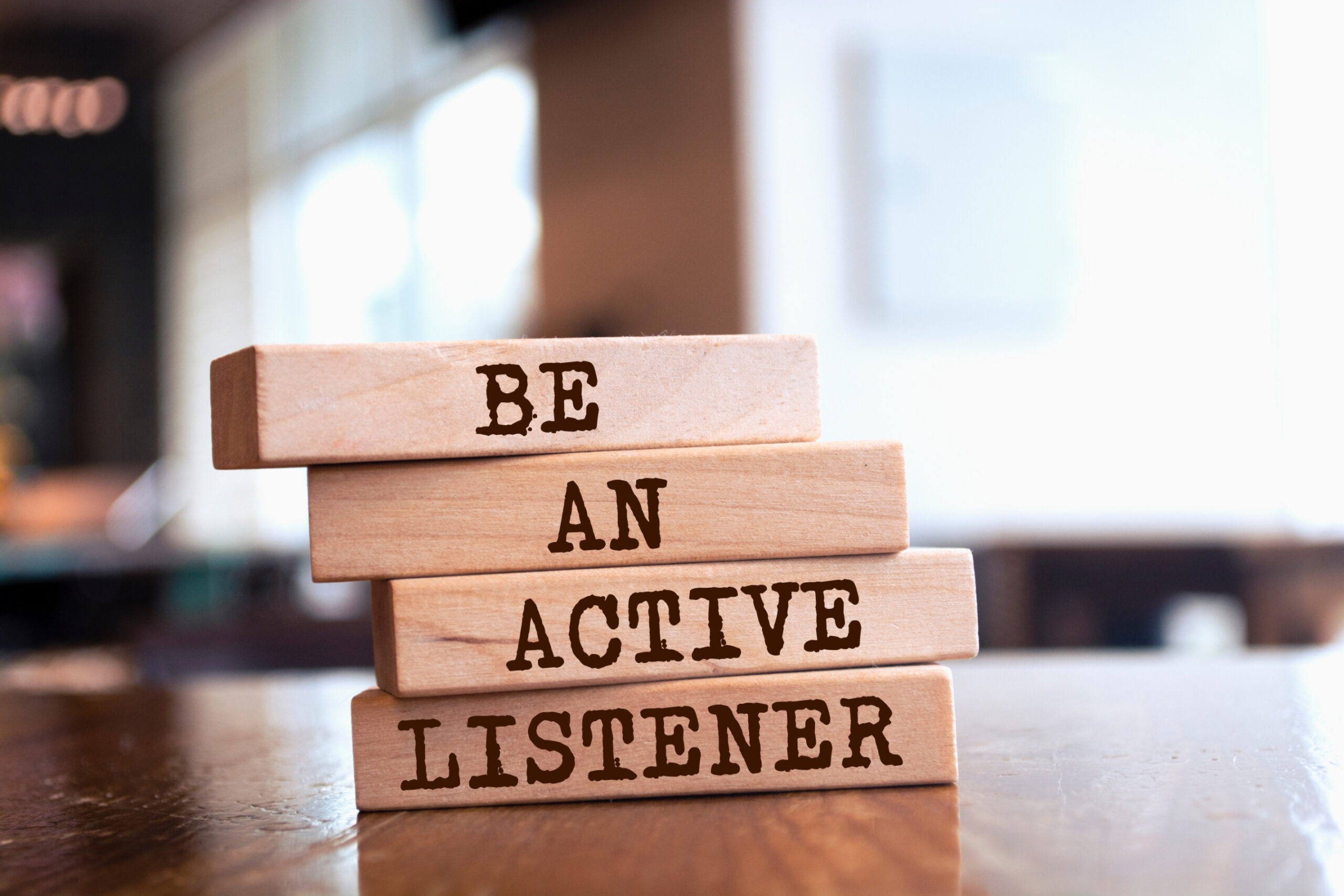Living Civics: Rediscovering Kindness and American Values—Rediscovering the Power of Listening, Respect, and Civility

In a world that often feels divided and rushed, the importance of kindness, respect, and civility can’t be overstated. These timeless principles—once the bedrock of American values and civics—seem to be eroding in the noise of modern life. Yet, these small acts of decency have the power to bring us together, bridge divides, and remind us of the shared humanity that unites us all.
This 22-week series, Living Civics: Rediscovering Kindness and American Values, is a journey back to the basics of what it means to be a good person. Each week, we’ll focus on a specific behavior or mindset that not only embodies personal integrity but also strengthens the fabric of our communities. From simple acts of gratitude to respecting others’ boundaries, these lessons are about more than etiquette—they’re about restoring the civility that makes America a truly great place to live.
Being a good person isn’t about grand gestures or perfection; it’s about consistent, everyday actions that show kindness, empathy, and respect. As we revisit these values, we’re reminded that our actions don’t just impact those around us—they shape the future we leave behind. By embracing these lessons, we can contribute to a culture of mutual respect and understanding, setting an example for the next generation.
Together, let’s rediscover the quiet power of civics in action and the enduring importance of kindness. Each step we take toward being better individuals brings us closer to being a better nation.
Rediscovering the Power of Listening, Respect, and Civility
In our fast-paced, technology-driven world, civility and kindness seem to be increasingly undervalued. At a time when distractions are everywhere and communication often happens through brief, sometimes impersonal exchanges, we find ourselves losing sight of the importance of respectful, attentive listening. However, the power of listening without interruption is just one piece of a much larger picture. Civility, kindness, and respect are foundational principles that can transform how we interact with one another—both in personal relationships and within our communities at large.
Listening is often seen as a simple act, but its impact is profound. In a time when many are accustomed to quick responses, soundbites, and the pressure to always be heard, taking a moment to listen without interrupting signals something much deeper: it’s a demonstration of respect. However, this week’s lesson isn’t just about not interrupting; it’s about embracing the core values of listening, civility, and respect—principles that can strengthen relationships and foster a more compassionate society.
At its core, listening is more than just hearing words—it’s about understanding the message and the emotions behind them. Active listening, a key part of this practice, requires a conscious effort to fully engage in the conversation. Active listening means paying attention, resisting the urge to judge or prepare a response while the other person is talking, and making sure you understand what they are saying before you speak.
When we listen actively, we are acknowledging that the person speaking has something of value to share, and we are showing them that their perspective matters. This builds trust and strengthens relationships, whether it’s in our personal lives, at work, or in public discourse. It fosters a culture where people feel safe expressing their thoughts without fear of being dismissed or ignored. In a society where everyone is constantly busy and distracted, creating space for uninterrupted listening is a rare and invaluable gift.
While active listening is a key component, civility and respect go beyond just listening. They encompass how we engage with others, especially when we disagree. Civility involves interacting with others in a way that is polite and respectful, even when tensions run high. It means avoiding name-calling, dismissive behavior, or disrespectful language, regardless of the situation.
In an era of increasing political polarization, the ability to maintain civility in communication has never been more critical. Political, social, and cultural divides often make it feel like respectful conversation is a thing of the past. However, choosing to engage with civility—by listening attentively, avoiding interruptions, and treating others’ views with respect—can help bridge these divides. When we respect differing opinions and allow people to speak their truths without fear of judgment, we create space for constructive dialogue rather than hostile arguments.
Part of being a good listener and a civil communicator is respecting the boundaries of others. This extends beyond simply not interrupting; it’s about understanding when someone may need a moment to think, when they might not feel ready to share, or when they need to set boundaries around sensitive topics. Respecting someone’s boundaries is an essential part of fostering a culture of respect and empathy.
In addition to verbal communication, this also applies to non-verbal cues. For example, maintaining appropriate body language, respecting personal space, and being mindful of the context in which a conversation is happening all contribute to creating an environment of mutual respect. The small gestures that reflect awareness of others’ comfort zones can help create more positive, supportive interactions.
Empathy is another crucial aspect of effective communication. It’s not enough to just listen to someone; we need to understand and connect with what they’re saying. When we listen empathetically, we put ourselves in the other person’s shoes and seek to understand their emotions and experiences. Empathy allows us to connect on a deeper level and helps us respond in a way that acknowledges their feelings.
In a culture that often prioritizes “winning” conversations or debates, empathy serves as a reminder that the goal of communication is not to prove someone wrong, but to understand each other better. When we lead with empathy, we open the door for more productive, compassionate exchanges that can foster mutual understanding. This is especially important in diverse communities, where people’s lived experiences can differ widely. Empathetic listening allows us to see the world through someone else’s eyes, helping to bridge gaps in understanding and reducing the potential for conflict.
When we embrace these principles of listening, respect, and civility, we contribute to a ripple effect that extends beyond our immediate interactions. A society that values civility fosters cooperation, reduces hostility, and promotes the common good. People are more likely to engage in productive conversations and work collaboratively when they feel heard and respected.
In workplaces, communities, and families, practicing these principles can lead to stronger relationships, better collaboration, and more positive environments. In public discourse, it can help create a space where differences are respected, and solutions can be found through dialogue. This isn’t just about politeness—it’s about creating an environment where people feel safe and valued, which is essential for the health of any society.
Kindness, respect, and civility aren’t just abstract ideals—they are practical values that have a profound impact on the way we live and interact. By practicing the art of listening without interrupting, being mindful of others’ boundaries, and engaging in respectful communication, we strengthen the bonds that hold our communities together. This week, and every week, let’s commit to embracing these values in our everyday interactions. Whether it’s in personal conversations, professional settings, or public discussions, we all have the power to create a more compassionate, respectful world—one conversation at a time.
Let’s rediscover the quiet power of civics in action and the enduring importance of kindness. As we make these small but significant efforts in our daily lives, we contribute to the greater good, building a society where understanding, respect, and empathy are the norm, not the exception. By fostering a culture of civility and listening, we can help ensure that these timeless values continue to thrive for generations to come.
RECENT










BE THE FIRST TO KNOW

More Content By
Jessica Curtis










